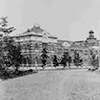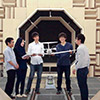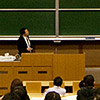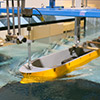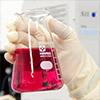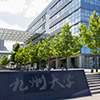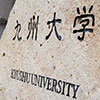Nuclear Energy Systems
Department of Applied Quantum Physics and Nuclear Engineering, Faculty of Engineering
Department of Applied Quantum Physics and Nuclear Engineering, Graduate School of Engineering
Department of Applied Quantum Physics and Nuclear Engineering, School of Engineering
Nuclear energy is a typical application of quantum physics and engineering to produce enormous amounts of energy from small nuclei. It is an energy source with excellent supply stability and economic efficiency, and contributes to global warming countermeasures by emitting no CO2 during power generation. Our research group has been conducting research on safe nuclear energy that does not cause severe accidents such as the one that occurred at the Fukushima Daiichi Nuclear Power Plant, in which the reactor core was severely damaged. We propose a next-generation nuclear energy system that will not cause a severe accident, and even if it does, will not release radioactive materials, by controlling the nuclear reaction and the transport of the energy generated during an accident.
Understanding the behavior of nuclear reactors under severe accident conditions and its consequences are important for assessing the safety margins of nuclear reactors and for introducing new technologies to prevent accidents from occurring and to mitigate their consequences if they do occur. Our research group is engaged in the experimental clarification and the development of numerical simulation techniques of thermal-hydraulic phenomena, which are a combination of heat transfer, flow, and phase change, as well as the development of safety evaluation methods for severe accidents and the development of passive safe reactor systems.
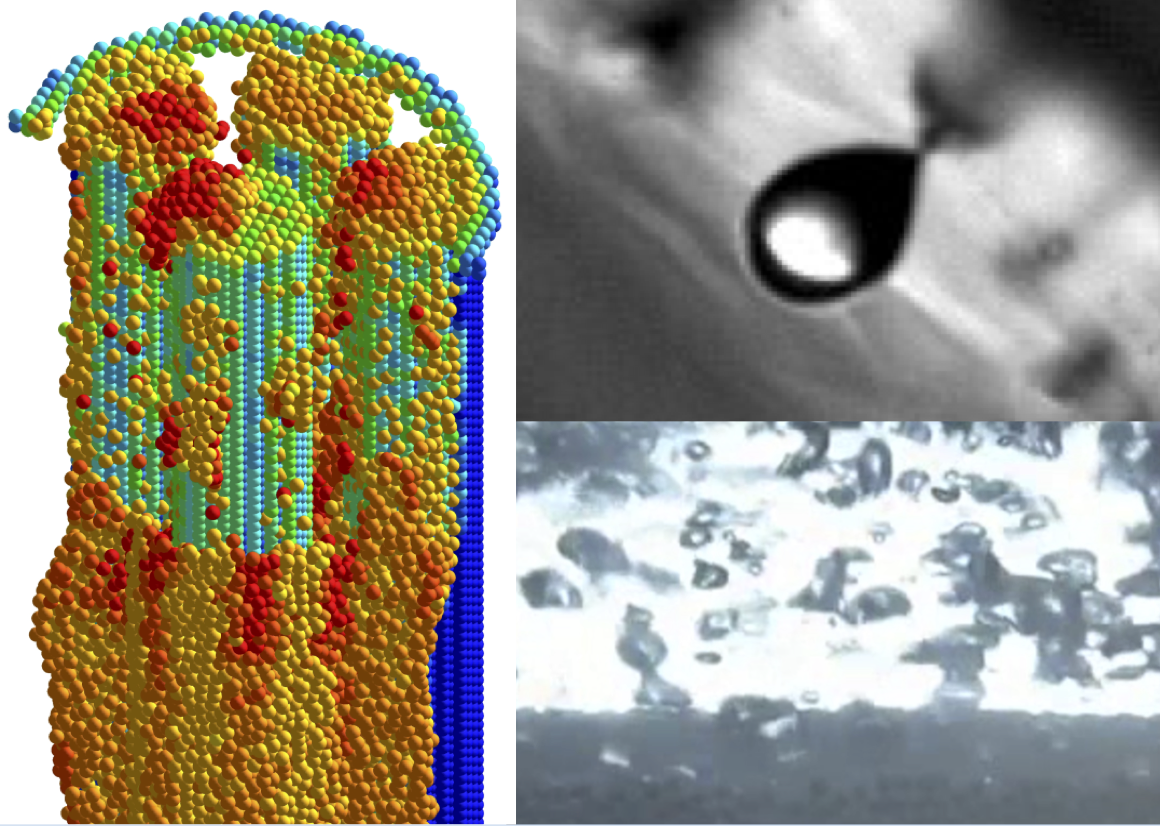
Staff
Prof. Koji Morita
Prof. Wei Liu
Asst.Prof. Tatsuya Matsumoto
The Main Research Topics
- Development of passive safety systems to eliminate severe accidents
- Elucidation of thermal-hydraulic phenomena related to in-vessel retention and development of mechanistic models
- Development of numerical simulation technology for multi-component, multiphase flow phenomena
- Study on transport behavior of aerosols with regarding to source term release



